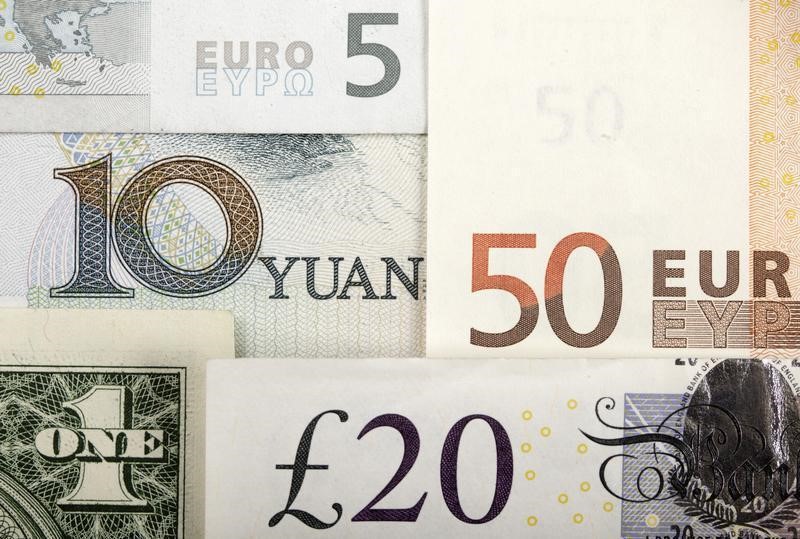By Jaspreet Kalra and Nimesh Vora
MUMBAI (Reuters) – India’s central bank is easing restrictions on banks’ arbitrage trades between the outright foreign exchange over-the-counter (OTC) and the non-deliverable forward (NDF) markets, four people familiar with the matter said.
The Reserve Bank of India (RBI) has allowed banks, that have made requests, to resume such trades, a person directly familiar with the central bank’s thinking said. “There have been banks who have called and asked whether they can start doing it,” and the central bank has approved, this person said.
At least two public-sector banks and a private-sector lender have been allowed to recommence arbitrage trades, according to three bankers.
Arbitrage trades allow investors to benefit from the price differences of securities in different markets but can exaggerate price trends.
The RBI had imposed an informal ban on dollar/rupee arbitrage trades in August 2023, when it was intervening to prevent the rupee from slipping to a record low, while banks were taking advantage of price differences between the OTC and NDF markets.
Banks’ arbitrage positions “had ballooned” and were “running into double-digit billions of dollars”, which the RBI “was not happy with”, the person directly familiar with the central bank’s thinking said.
Now, the RBI wants to avoid a repeat and is asking banks to do arbitrage in a way that “shouldn’t adversely impact the currency”, he said.
“We had sought permission from RBI last week and they said you can go ahead,” the chief manager at a mid-sized public sector bank said on Monday. The bank had not yet started building its FX arbitrage book.
All the persons declined to be named since they are not authorised to speak to the media.
The RBI did not immediately respond to an email seeking comment.
The lifting of the NDF arbitrage restrictions comes at a time when the Indian rupee is enjoying a period of tranquillity.
The currency’s 30-day realized volatility has been below 2% since October and volatility expectations are lower than Asian peers. The low volatility has meant that the rupee’s OTC and NDF rates diverge rarely and not by much, leading to fewer arbitrage opportunities.
The RBI has permitted arbitrage trades, “but in a limited way and slowly,” a trader at the second public sector bank said.
“Currently, there is little to no arbitrage, so activity on our end has been slow.”
Read the full article here












